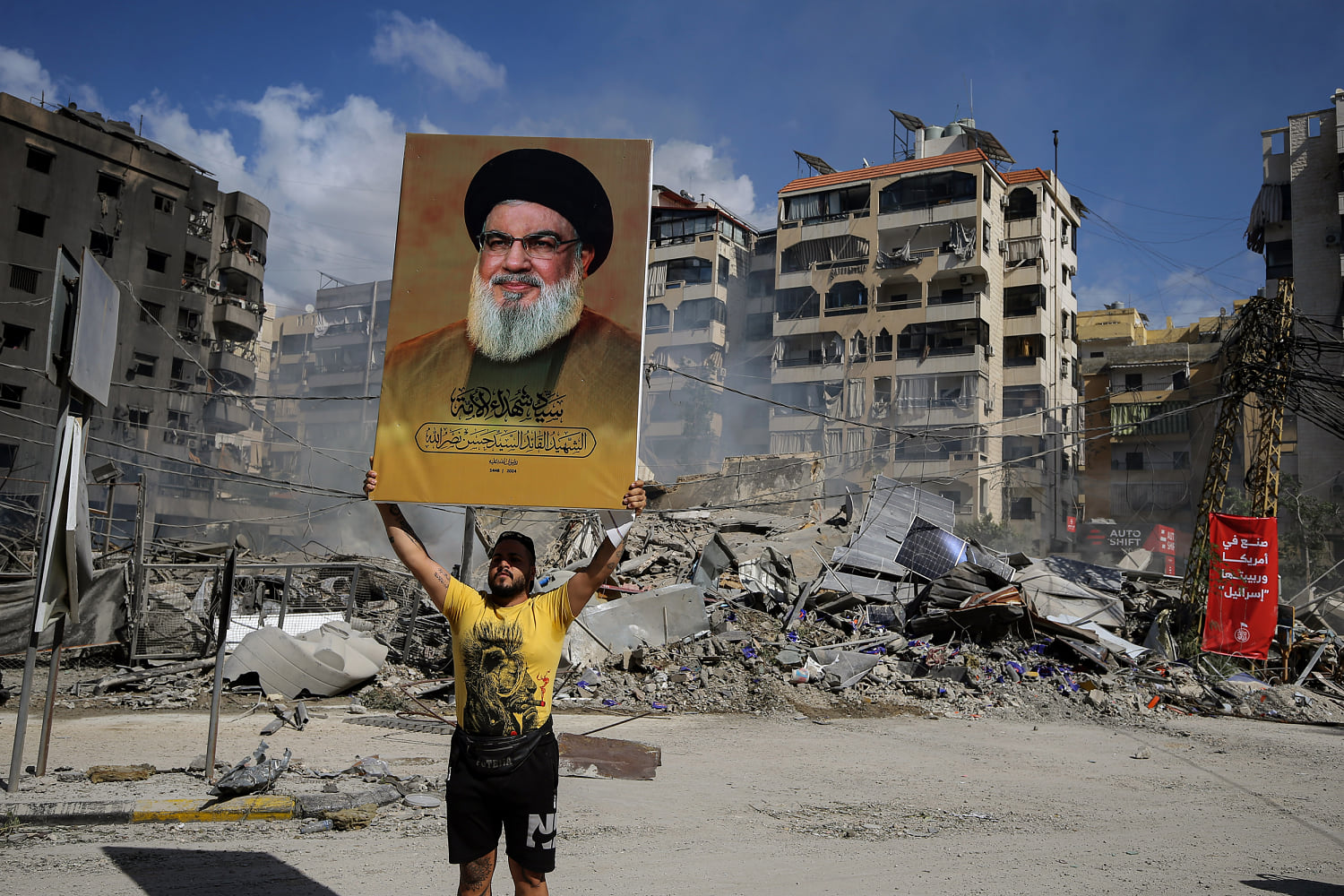Israel’s new defense minister says Hezbollah defeated; Netanyahu acknowledges approving pager attacks

On Sept. 17, thousands of pagers simultaneously exploded in the southern suburbs of Beirut and other Hezbollah strongholds, in most cases after the devices beeped, indicating an incoming message.
Among the victims rushed to hospital, many had eye injuries, missing fingers or gaping holes in their abdomens, Reuters witnesses saw, indicating their proximity to the devices at the time of detonation.
In total, the pager attack, and a second on the following day that activated weaponized walkie-talkies, killed 39 people and wounded more than 3,400.
Israeli media reported that Netanyahu claimed responsibility for the attack during a cabinet meeting, telling ministers that senior defense officials and political figures were opposed to the detonation of the pagers but that he went ahead with the operation.
Hezbollah fighters have been using pagers as a low-tech means of communication in an attempt to evade Israeli location-tracking, two sources familiar with the group’s operations told Reuters this year. A pager is a wireless telecommunications device that receives and displays messages.
Israel followed up the pager detonations with the killing of Hezbollah leader Hassan Nasrallah in an air strike and launching incursions in south Lebanon.




